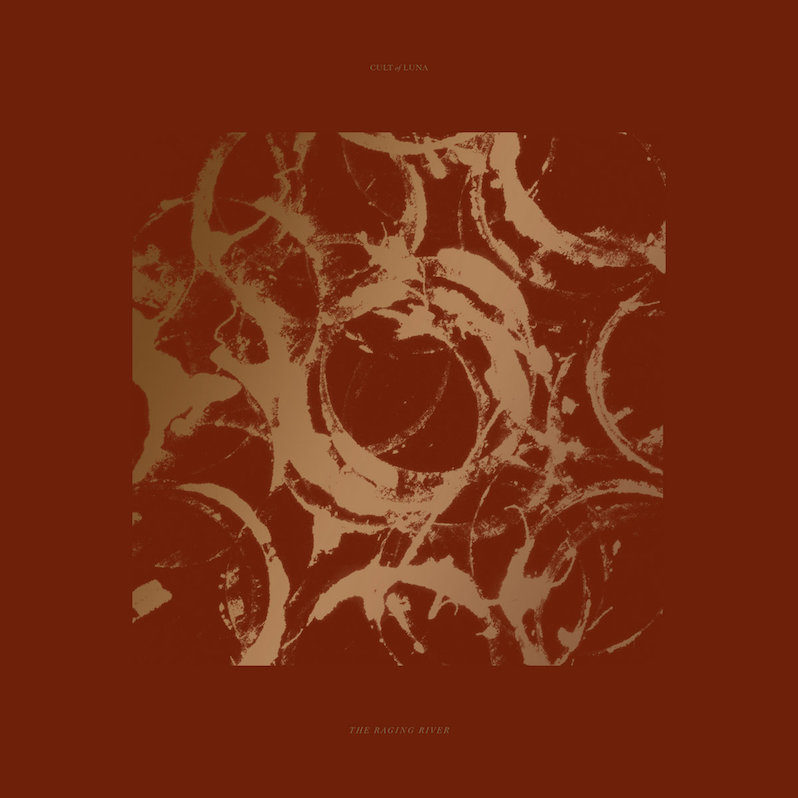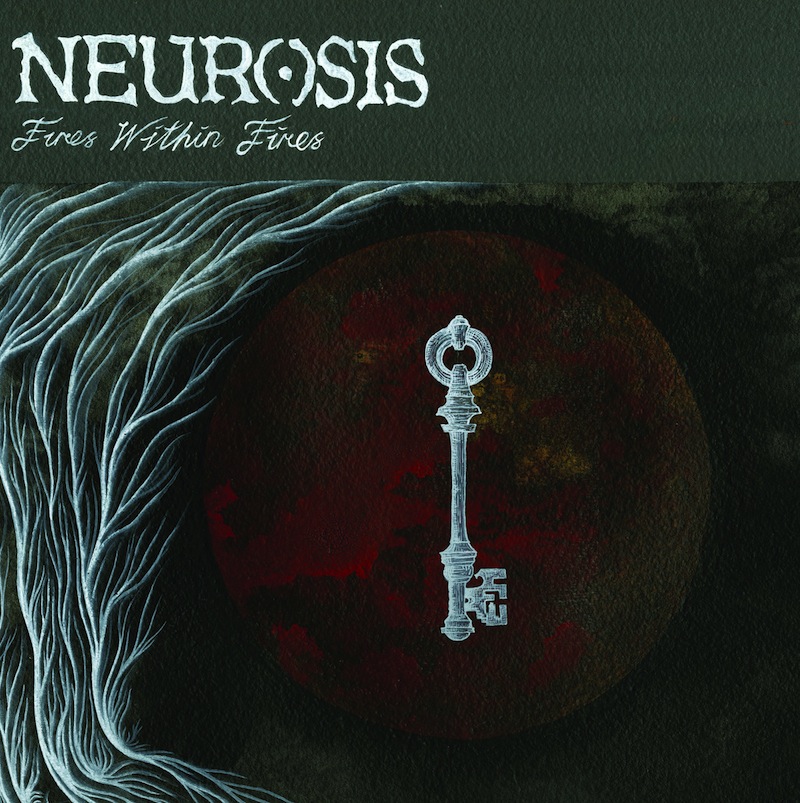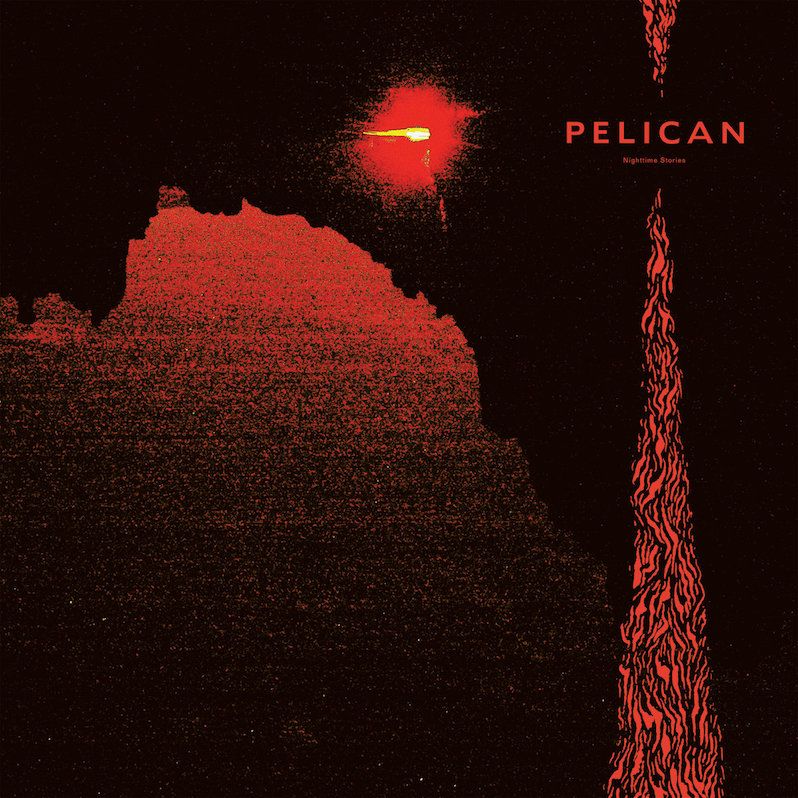Cult of Luna : The Raging River

Cult of Luna‘s greatest strength is how effortlessly they slash open your emotional core. Within minutes, it feels like an hour of therapy several months into the process, one gliding comment by the therapist bursting you into tears, some deep-throated roar against buried pain rattling out of you. This is on paper what post-metal was always supposed to be; initially billed by some as “thinking man’s metal” (as obnoxious, though well-intended, as that name may be), it staked itself on taking hardcore and post-hardcore’s sense of rigorous emotional self-interrogation and setting it against a substantially more abrasive and metallic backdrop. The Raging River is, notably, not some avant-gardist revolutionary record that utterly rewrites the rulebook of the genre it works within. And, to be fair, no one really expected it to be. Cult of Luna are not only elder statesmen of their sub-genre now, roughly 20 years since their debut; they are also one of the few left practicing the genre in what can be considered its original form. Where Neurosis now release music with less frequency, Aaron Turner has turned his attentions to the wild and hoary improvisational prog/jazz/doom of Sumac and Pelican have radically reoriented their approach to heavy music as a whole, Cult of Luna maintain the same post-Godfleshian fusion of industrial metal, doom metal, hardcore/post-hardcore and prog, with the requisite gentle flourishes of soundtrack and gothic music.
What makes The Raging River so intriguing as a record is that it doesn’t achieve excellence by radical redefinition of form but instead by radical execution. There was a magic window for this style almost two decades ago where it seemed almost any group could effortlessly produce a record that would stick with us forever, fusing at the hip the language of Fugazi, Tool and Godflesh into one heaving beast, but not only did many bands inevitably depart from this approach but we also got a glut of records that were tedious and repetitive iterations of style that lacked that same intense and deeply scouring cathartic core. That The Raging River taps into that necessary abrasion isn’t all that much of a shock; the work and career of Cult of Luna since 2013’s Vertikal has been one defined by their impressive capability to endlessly reinvigorate that specific space of this style of music. They have through sheer zeal and exuberance single-handedly restored a style to prominence and relevance many thought dead, and they did this precisely because they demonstrate an understanding not just of aesthetics but of the necessary why behind them.
The cinematic gothic striations of “Three Bridges” and “What I Leave Behind” feel like a confrontation with guilt, with shame. The shape of their rage, though palpable, is indeterminate; it feels less outwardly-directed like how a tantrum or polemic might be but instead the rigors of self-examination, the necessary pain and traumatic healing of therapy where part of the process is digging shrapnel out of your psyche implanted by others but causing you to grow wrong now. When the band returns to the post-country blues haze they dabbled with on Somewhere Along The Highway with mid-record track “Inside of a Dream,” sung by Mark Lanegan, the emotional intent of their sense of desolation and yearning become clear, tying the salt-of-the-earth tales of sinners feebly seeking and failing to find redemption within the worlds of country and blues to the same kinds of emotional interrogations post-metal captures so well. This is a vector more obviously drawn from post-hardcore and especially emo within post-metal, the harsh barked vocal approach belying that directionality of emotional intent. That Cult of Luna were wise enough to cinch up against this completely other form of music within similar emotionalism demonstrates their awareness that what makes this genre work isn’t endlessly repeating its forms but understanding its impulses, so that each form they play is the natural result of manifesting that sense of deep, analytic abriding.
“I Remember” builds itself from a sparse and gothic architecture, akin to their work on Vertikal and its similar obsessions with the coldness and inhumanity of the megalithic architecture of the metropolis. This likewise is a tie to the why of Godflesh, where their deployment of rigid mechanized industrial rhythms was meant to evoke the sense of inhuman hopelessness of industrial Burmingham fused against the riven and tenebrous doom of Black Sabbath. Examples like these could be plucked from the record almost endlessly; the recurring theme is that deep understanding of the necessary emotional upheaval and movement necessary to make music like this tick. It’s enough to dissolve you in tears, grit your eyes and tilt your head back and clench your fists and grind your teeth, dissolving, dissolving.
Label: Red Creek
Year: 2021
Similar Albums:
Langdon Hickman is listening to progressive rock and death metal. He currently resides in Virginia with his partner and their two pets.




